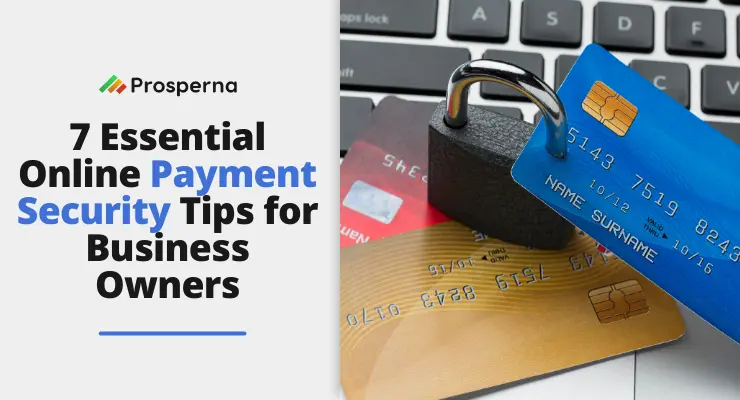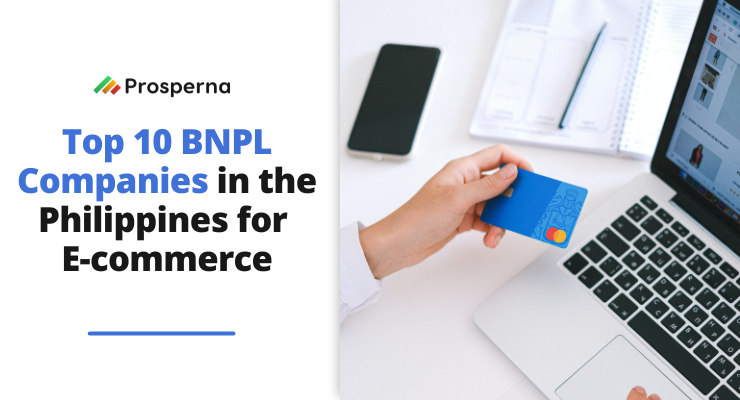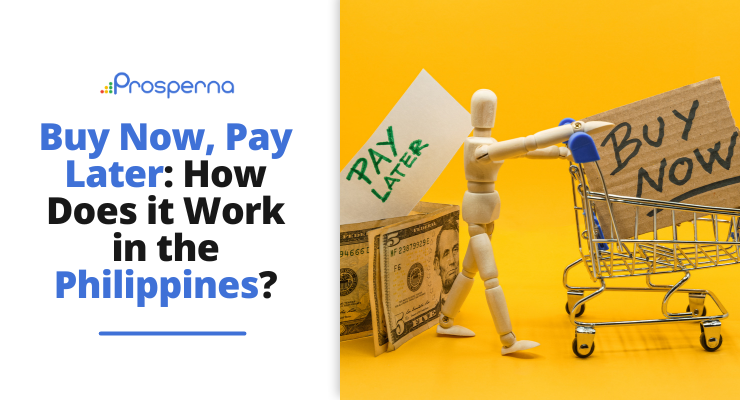If you’re running an online store, payment security should be one of your top priorities. With the increasing number of online transactions, the threat of cybercrime and data breaches is also on the rise.
Customers may choose to shop with your rivals if your eCommerce site cannot offer the greatest level of online payment security. In order to protect both your business and your customers, it’s important to stay informed about the latest online payment security tips.
In this blog, we’ll explore a range of security measures that business owners can implement to ensure the safety and privacy of their customer’s payment information.
What is Online Payment Security?
Online payment security refers to the measures and technologies used to protect sensitive financial and personal information during online transactions.
This includes:
- Securing online payment platforms
- Encrypting sensitive information
- Protecting against fraud and identity theft
- Ensuring that customer data is properly stored and transmitted
The goal of online payment security is to provide a safe space for customers to make purchases and keep all eCommerce transactions safe and secure.
In today’s digital world, the importance of strong online payment security cannot be overstated, as cybercrime and data breaches continue to pose a significant threat to both businesses and consumers.
According to Statista, a total of 15 million data records were exposed globally during the third quarter of 2022 due to data breaches. Comparing this figure to the previous quarter, it had climbed by 37%.
To provide a fantastic checkout experience while protecting your customers and the business itself, as a merchant, you need to understand the importance of having online payment security.
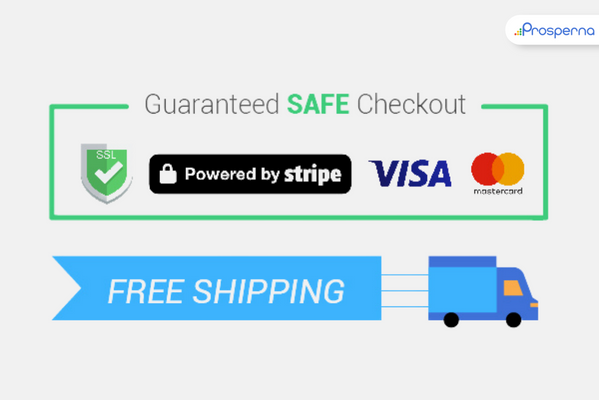
Why is Online Payment Security Important?
By implementing effective payment security measures, online businesses can reduce the risk of cybercrime, comply with regulations, protect their financial interests, and instill trust in their eCommerce site.
Implementing online payment security can help in:
- Protecting customer information. The sensitive financial and personal information of customers is highly valuable to cybercriminals, and a data breach can result in identity theft, financial loss, and damage to a business’s reputation.
- Compliance with regulations. There are laws and regulations in place that require businesses to implement certain security measures in order to process online payments i.e. Payment Card Industry Data Security Standard (PCI DSS).
- Protecting the business. Data breaches can cause a business to suffer large financial losses, legal responsibilities, and reputational damage, all of which can be long-lasting.
- Building trust. Customers are more likely to make online purchases if they trust that their personal and financial information will be protected, thus increasing customer retention.
Tips for Enhancing Payment Security
Now that you understand the importance of having online payment security, I’m going to give you some tips on how to enhance your online business’s payment security.
1. Choose a Reputable Payment Service Provider
Choosing a reputable payment service provider is one of the most important steps a business can take to ensure online payment security.
A payment service provider is responsible for processing and reconciling payments made through a business’s online store.
Consider the following factors when selecting a digital payment provider for your online business:
- It should have robust security measures in place e.g., encryption, secure data storage, and fraud detection and prevention systems to protect customer information and prevent fraud.
- It should be fully compliant with relevant laws and regulations, such as the Payment Card Industry Data Security Standard (PCI DSS).
- It should be easy to use and navigate, with clear instructions and error messages.
- It should offer good customer support, with a knowledgeable staff available to answer any questions and resolve any issues.
- It should offer competitive pricing and transparent fee structures, without any hidden charges.
- If your business uses other software systems, such as an eCommerce platform, the payment service provider should offer seamless integration.
2. Implement Fraud Detection
Fraud detection systems use a combination of data analysis and machine learning algorithms to identify and prevent fraudulent transactions.
The first step in implementing a fraud detection system is to collect data on past fraudulent transactions and other relevant information, such as customer demographics and purchase patterns.
This data can be used to identify red flags and develop predictive models that help detect future fraud, so businesses can quickly intervene and prevent fraudulent transactions before they are processed.
You can also implement two-factor authentication on your payment transactions. It is a powerful tool for preventing fraud, as it requires users to provide two forms of identification, either a password or a one-time code before a transaction is approved.
There’s also a growing trend for the use of machine learning algorithms, which can be trained to identify patterns and anomalies in transaction data that are indicative of fraud.
Things like unusual spending patterns, unusual shipping addresses, and high-risk transaction types can be detected with this new technology.
3. Ensure That Payment Pages Are Secure
To ensure that payment pages are secure, it’s important to implement SSL encryption on all payment pages.
SSL encryption, also known as HTTPS, encrypts data transmitted between the customer’s browser and the server, making it much more difficult for cybercriminals to intercept and steal sensitive information.
Also, regularly monitor your payment pages for vulnerabilities, such as cross-site scripting (XSS) or SQL injection, to ensure that they remain secure. This can be done using security scanning tools, penetration testing, and regular code audits.
4. Use Multi-Factor Authentication
Using multi-factor authentication (MFA) is a powerful tool for improving online payment security.
MFA requires users to provide two or more forms of identification before they can access sensitive information or complete a transaction.
This makes it much more difficult for cybercriminals to access this information, as they would need to have both the password and the second factor, such as a one-time code sent to a mobile device.
5. Secure Data Storage & Encryption
By encrypting sensitive information, such as credit card numbers and customer names, businesses can ensure that this information is protected from theft or unauthorized access.
This means that the information should be encrypted when it is transmitted between systems and also when it is stored on servers or other data storage systems.
It should be stored in secure data centers or on servers with secure access controls to prevent unauthorized access to sensitive information and reduce the risk of data breaches.
6. Monitor Systems and Transactions
Monitor your system for security threats, such as hacking attempts or malware, to guarantee that your payment systems remain secure.
Regularly review business transaction logs to ensure that all transactions are legitimate and that payment systems are functioning properly. This entails checking logs for anomalous transactions or trends as well as for system flaws or faults.
7. Educate Employees
By training your employees on best practices for online payment security, you can ensure that they all understand the importance of security and know how to handle sensitive information and payment transactions securely.
The training should cover topics such as identifying and preventing fraud, handling sensitive information, and using payment systems securely. It could be regular in-person training sessions or online training modules.
Encourage them to ask questions during training sessions so you’ll know they fully understand the training and are able to apply it in their work.
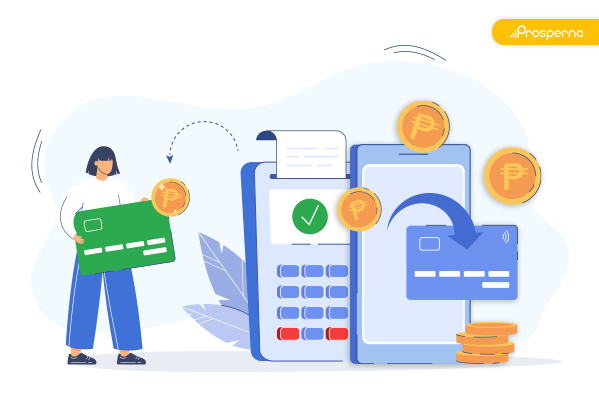
A Secure Way to Accept Online Payments
Prosperna Payments allows you to accept all kinds of secure payment methods, e.g., credit/debit card, bank transfer, eWallet, COD, etc., and manage them all in one place. Local banks and mobile wallets like GCash are fully integrated with your online store, so you do not have to move from one banking app to another. Plus, payment gateway fees are cheaper than those on other eCommerce platforms.
FAQs
What is payment security in eCommerce?
E-commerce payment security means that the order checkout forms collecting customer data are hosted securely, whether self-hosted on your store’s servers or hosted by your payment provider.
What are online payment risks?
These risks include everything from chargebacks and fraud to data breaches and payment declines.
Final Thoughts
It’s important to continuously monitor and improve online businesses’ payment security policies and procedures to ensure that they remain effective in protecting sensitive information. This may involve regular updates to fraud detection tools, encryption algorithms, and employee training.
By prioritizing online payment security, business owners can provide peace of mind to their customers and protect their business’s reputation. Remember, investing in online payment security is a critical aspect of running a successful business in today’s digital age.
Prosperna, Your Partner to eCommerce Success
Prosperna is an all-in-one eCommerce platform for Philippine businesses. We are on a mission to empower 100,000 Philippine MSMEs with simple and affordable eCommerce solutions.
In fact, we are super passionate about helping Philippine MSMEs we’re giving you a free account forever!
Want to integrate online payment security? Create your free-forever Prosperna account now.
